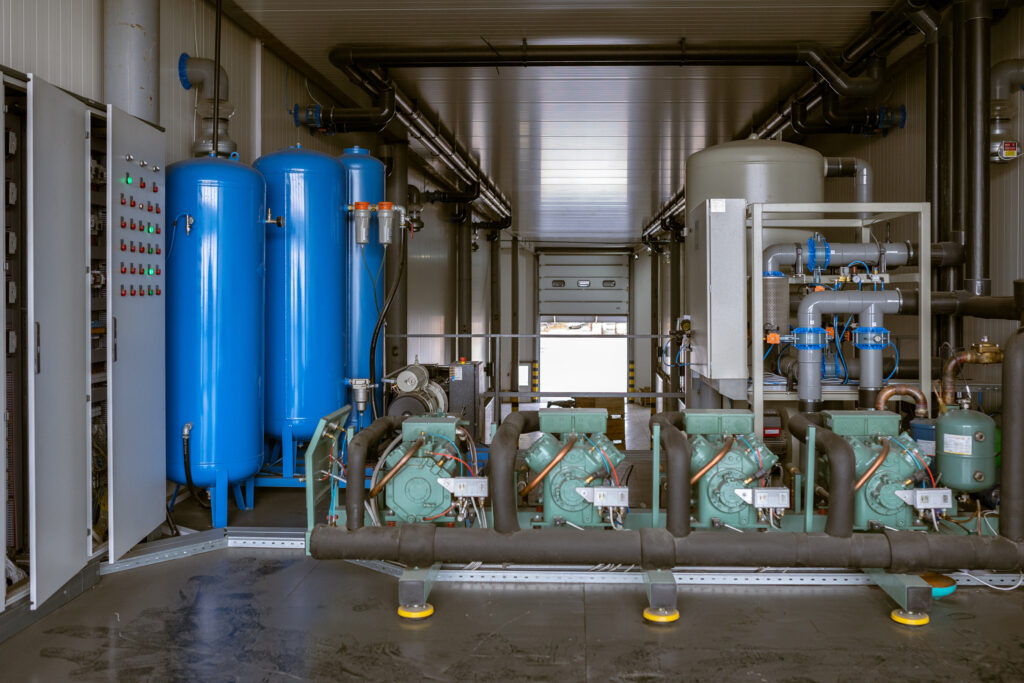How Pressure Swing Adsorption Delivers Pipeline-Quality Biomethane
The Need for Ultra-Pure Biomethane
When upgrading biogas, some projects aim for the highest possible methane purity — especially when the end use involves sensitive equipment, export contracts, or strict grid specifications.
Many upgrading plants use PSA (Pressure Swing Adsorption) technology to produce high-purity biomethane.
How PSA Works — The Science Made Simple
To break it down clearly, here’s the step-by-step:
PSA relies on adsorption — the process where certain gases stick to the surface of a solid material.
Here’s the step-by-step:
- Compression: Raw biogas is compressed to the required operating pressure.
- Adsorption Phase: The compressed biogas passes through vessels filled with adsorbent materials like activated carbon or zeolites. These materials selectively trap CO₂, H₂S, and moisture while allowing methane (CH₄) to pass.
- Pressure Swing: When the adsorbent becomes saturated, the pressure is reduced. Desorption releases the trapped gases, preparing the adsorbent for the next cycle.
- Multi-Bed Cycling: Several vessels operate in sequence, ensuring a continuous flow of upgraded biomethane.
The result? CH₄ purity above 97%, often exceeding pipeline quality requirements.

In addition to high purity, PSA offers multiple operational benefits.
Advantages of PSA
- High Purity Output: Excellent for applications with strict methane content requirements.
- No Water Usage: Completely dry process.
- Modular Design: Easy to scale for plant capacity.
Continuous Operation: Multi-bed systems minimize downtime.
Considerations and Limitations
- Gas Pre-Treatment Needed: H₂S and moisture must be removed before PSA to protect the adsorbent.
- Feedstock Variability: Best for plants with consistent gas composition.
- Operational Costs: Adsorbent materials may need periodic replacement.
When PSA Is the Right Choice
Operators often choose PSA when they:
- Require pipeline-grade biomethane for injection or sale.
- Need to meet international export standards.
- Have a steady, predictable gas supply.
However, producing biomethane is only the beginning — reliable delivery matters too.
Gaznet — Connecting PSA Biomethane to the Market
Once your PSA system produces ultra-pure biomethane, the next step is distribution.
Gaznet designed its Type IV composite MEGC containers specifically for this.
- Pressure-Ready: Perfect for storing biomethane at high pressures in CNG form.
- Lightweight Efficiency: Lower transport costs compared to steel alternatives.
- ADR-Approved Safety: Fully compliant for road transport across Europe.
From production site to industrial user, fueling station, or export hub, Gaznet ensures your product reaches its market reliably and cost-effectively.
That’s why Gaznet’s MEGC containers are the trusted choice for biomethane logistics.
